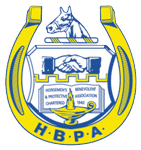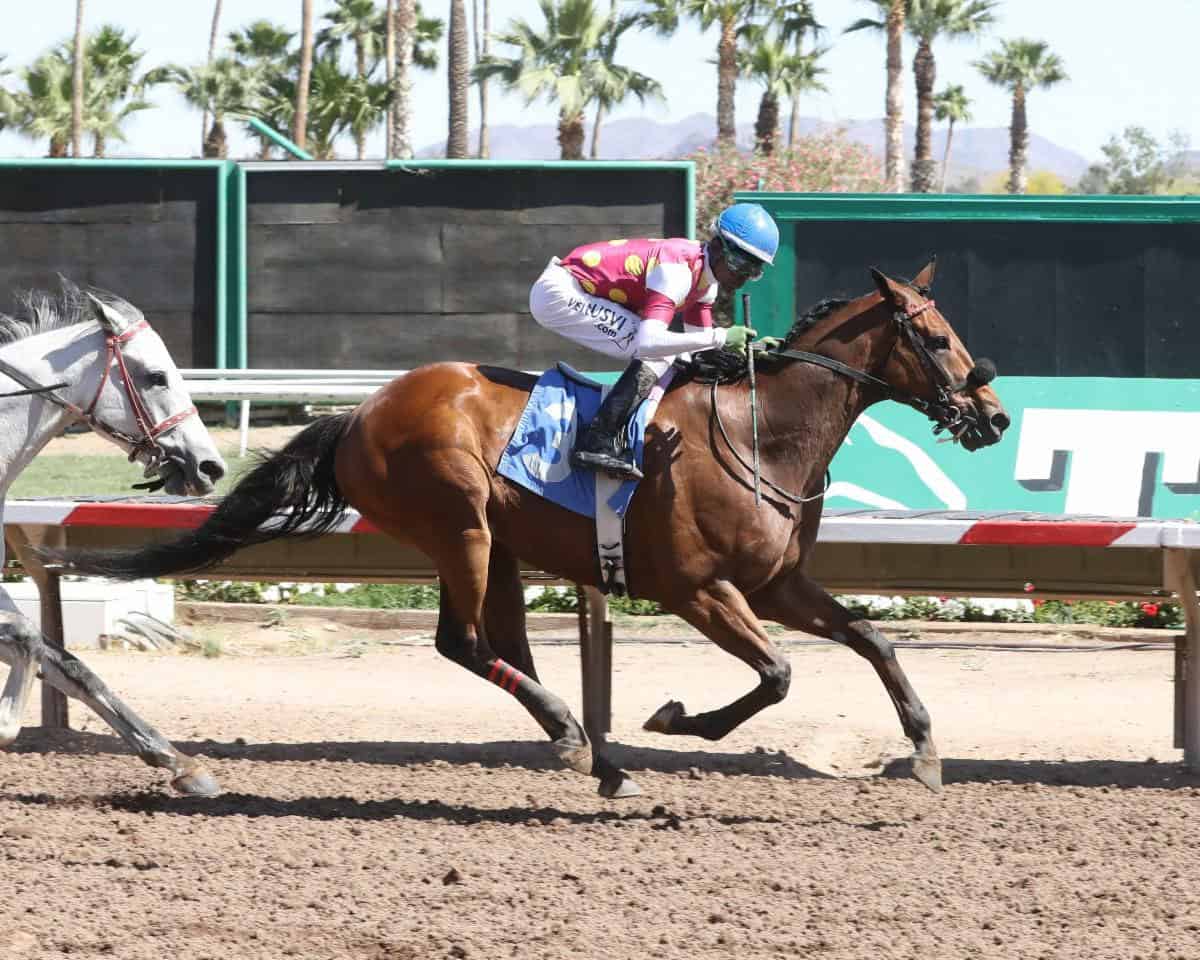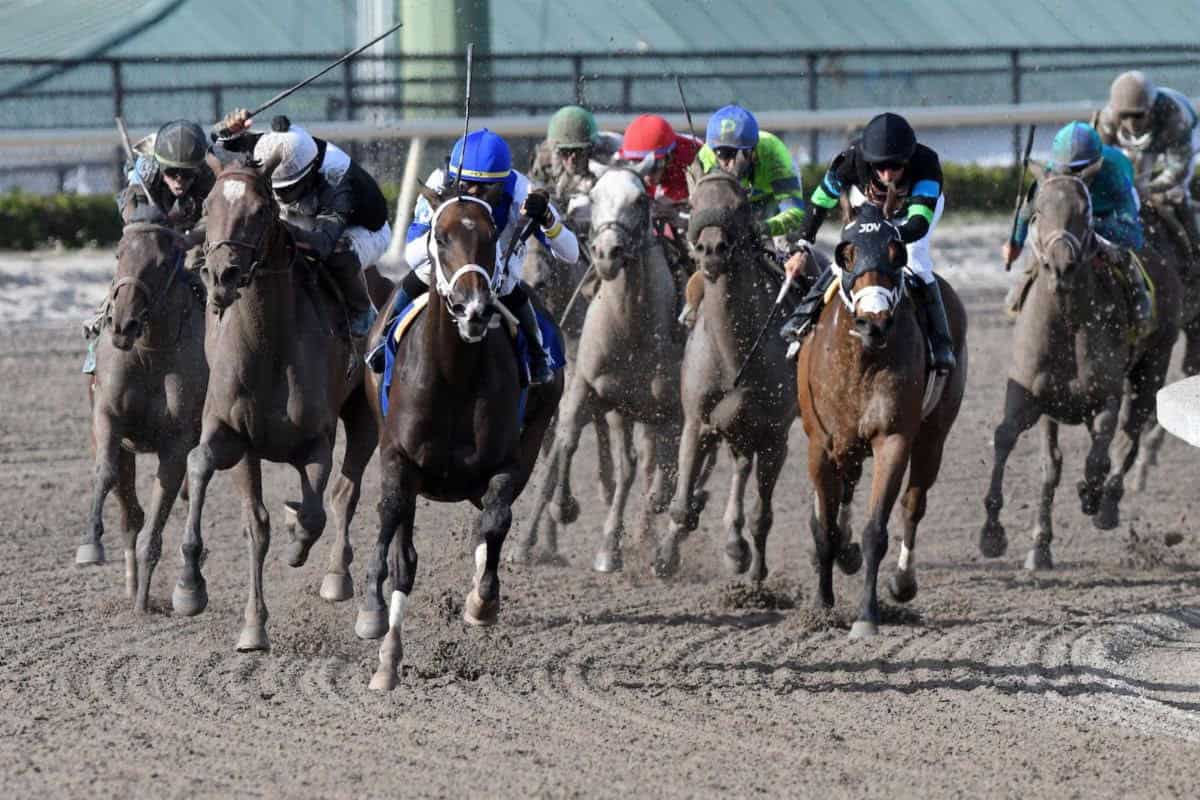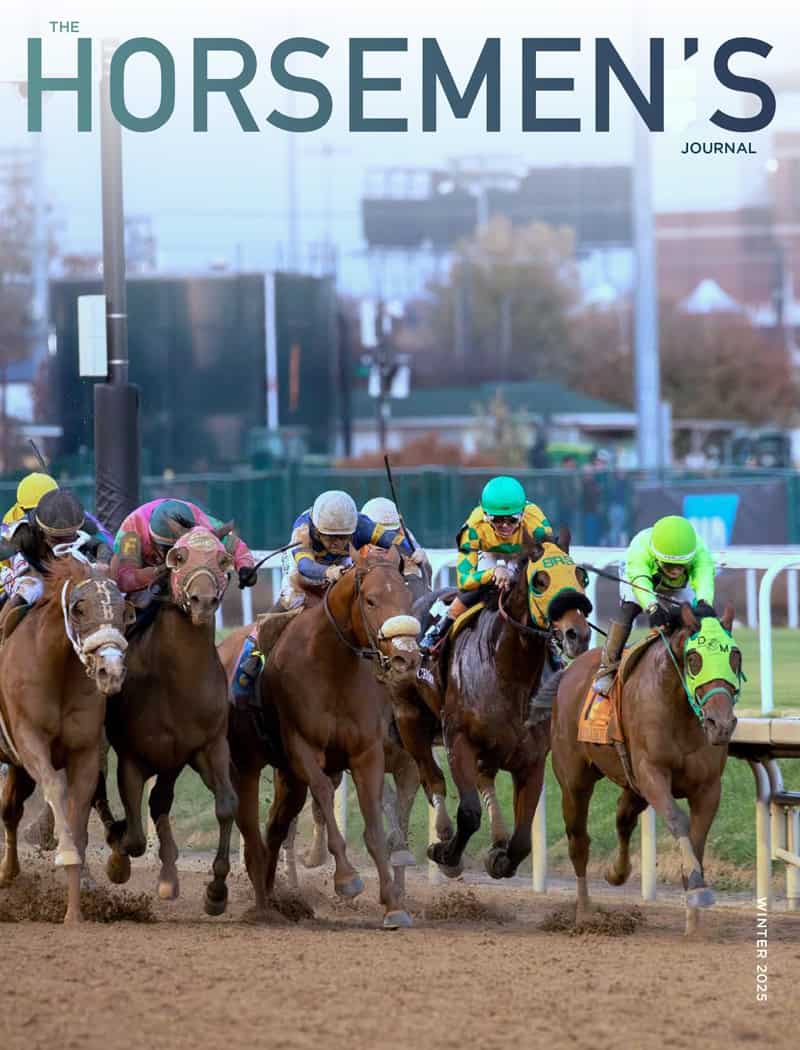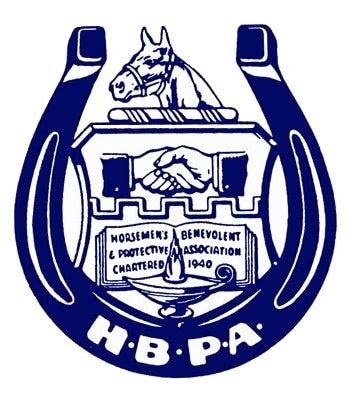Chain of Custody Procedures Lead to Reinstating Ziadie
Paulick Report
An administrative law judge has recommended that trainer Kirk Ziadie’s license renewal – which was denied in August by the Florida Department of Business Regulation’s Division of Pari-Mutuel Wagering as a result of several medication violations – be granted because chain of custody procedures in post-race test sample collection were contrary to existing rules.
F. Scott Boyd, administrative law judge for Florida’s Division of Administrative Hearings, ruled that three positive test results reported earlier this year by the University of Florida Racing Laboratory – two Butazolidan overages and a positive test for clenbuterol – were not valid because the 2010 Equine Detention Barn Procedures Manual used by Division of Pari-Mutuel Wagering employees at all Florida tracks does not comply with a 2001 Florida pari-mutuel rule. The rule states that the owner or a representative shall witness and sign off on the collection and sealing of post-race samples.
Specifically at issue are the blood samples that are taken and identified by number in the presence of a representative for the horse owner (trainer, groom or designated person). The samples are then set aside until the end of each day’s racing program, at which time – in accordance with the 2010 Equine Detention Barn Procedures Manual – they are spun on a centrifuge to separate the serum from the whole blood. The serum is then poured into a sample collection tube and sealed with a number that corresponds with the horse from which it came.
When the centrifuging procedure takes place, only test barn employees are present, often without the direct supervision of the veterinary manager. That, Boyd ruled, invalidates the positive tests because a representative for the owner was not present when the samples were sealed. The 2001 rule trumps the 2010 Procedures Manual, which Boyd said qualifies as an “unadopted rule…contrary to the adopted rule.”
Dr. Steven Barker, a drug-testing expert who has led the Louisiana State University drug testing lab, provided a deposition on behalf of Ziadie. Barker said Florida’s chain of custody procedures were a “concern” because “there’s apparently some unsupervised activity that is critical to the integrity of the sample being conducted by someone other than the responsible person, which would be the veterinarian.”
Barker said it is at this point in the chain of custody that test samples are “most vulnerable to potential contamination, potential misidentification, to potential tampering.”
No one, apparently, other than Ziadie’s attorney, Bradford J. Beilly, was aware that the 2010 Procedures Manual was never adopted as an official rule. Kent Stirling, the Florida Horsemen’s Benevolent and Protective Association’s executive director, testified that he has attended virtually every workshop in Florida related to medication and testing procedures over the last 20 years. Stirling said the centrifuging, extraction of serum and sealing of samples were never discussed at a rule-making hearing.
Boyd wrote in his recommendation: “Failing to follow the procedures set forth in rule 61D-6.005(3) for collecting and sealing the blood specimen, and instead relying upon an unadopted rule, Respondent (the Division of Pari-Mutuel Wagering) is foreclosed from reliance on the test results, and failed to prove, even by a preponderance of the evidence, that Petitioner (Ziadie) violated” medication rules.
Ziadie, who has been training since 2002, has 762 career wins from 2,716 starts, and his horses have earned nearly $14.5 million. He’s won training titles at Tampa Bay Downs, Calder Race Course and Gulfstream. He’s also had numerous medication violations and was banned by Calder race course from 2009-11.
A bigger question beyond Ziadie’s licensing is the enforceability of any positive drug tests going forward, until such time as the procedures are changed to comply with the 2001 Florida rule, or the 2010 Procedures Manual is made official. Also, does Boyd’s ruling open the doors for other trainers to appeal medication violations handed out since the 2010 Procedures Manual was put into use by state officials?
It wasn’t immediately clear if the state will appeal the administrative law judge’s recommended order.
